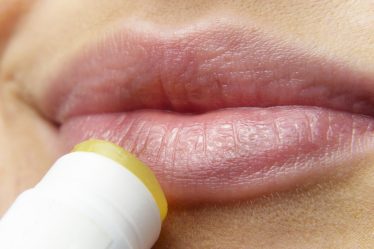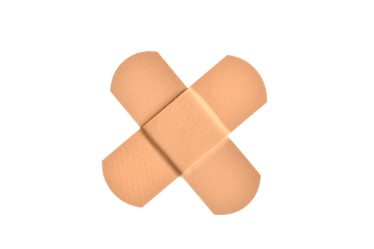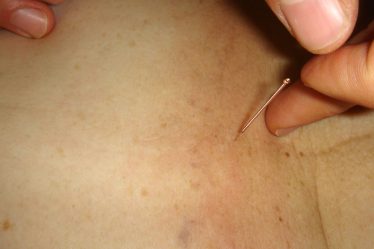
Introduction
Migraines are more than just headaches; they are debilitating neurological episodes characterized by severe throbbing pain, often accompanied by nausea, vomiting, and sensitivity to light and sound. While modern medicine provides various treatments for migraines, some individuals seek alternative approaches to alleviate their symptoms and reduce the frequency of attacks. Herbal remedies, rooted in traditional medicine practices, have shown promise in managing migraines. In this article, we will explore the causes of migraines, touch on historical alternative treatments, and delve into several herbs known for their effectiveness in treating this condition.
Causes of Migraines
The exact causes of migraines are complex and multifactorial, but some common triggers and contributing factors include:
- Genetics: Migraines can run in families, suggesting a genetic predisposition.
- Hormonal Fluctuations: Hormonal changes, such as those occurring during menstruation or menopause, can trigger migraines in some individuals.
- Dietary Factors: Certain foods and drinks, like caffeine, alcohol, aged cheeses, and processed foods, can act as migraine triggers.
- Stress: High levels of stress or sudden emotional stressors can lead to migraine attacks.
- Environmental Factors: Sensitivity to bright lights, strong odors, or loud noises can trigger migraines.
Historical Alternative Treatments
Before the advent of modern migraine medications, various cultures turned to alternative treatments, including:
- Feverfew: This herb was used in traditional medicine to reduce the frequency and intensity of migraine attacks.
- Butterbur: Butterbur extracts were employed to alleviate migraines, with some studies supporting their effectiveness.
- Peppermint Oil: Peppermint oil was used topically for its potential headache-relieving properties.
- Lavender Oil: Lavender oil was applied as a soothing agent to ease migraine-related symptoms.
Effective Herbs for Treating Migraines
- Feverfew (Tanacetum parthenium):
- Feverfew is one of the most well-known herbal remedies for migraines. It may help reduce the frequency and severity of migraine attacks.
- Butterbur (Petasites hybridus):
- Butterbur extracts have shown promise in reducing the frequency of migraines. Ensure you use a standardized, PA-free product.
- Peppermint (Mentha × piperita):
- Peppermint oil, when diluted and applied topically to the temples, may provide relief from migraine-related headaches.
- Lavender (Lavandula angustifolia):
- Lavender oil, when applied to the temples or used in aromatherapy, may help reduce migraine symptoms and promote relaxation.
- Ginger (Zingiber officinale):
- Ginger, consumed as a tea or in capsule form, has anti-inflammatory properties that may help alleviate migraine pain.
Using Herbal Remedies
Here are some ways to incorporate these herbs into your migraine management plan:
- Feverfew Capsules: Take feverfew capsules daily as recommended on the product label. Consistent use may reduce the frequency of migraine attacks.
- Butterbur Extracts: Use butterbur extracts as directed on the label, ensuring they are PA-free. These extracts may help prevent migraines.
- Peppermint and Lavender Oil: Dilute a few drops of peppermint or lavender oil with a carrier oil and apply to your temples during a migraine attack. You can also use a diffuser for aromatherapy.
- Ginger Tea: Brew ginger tea by steeping fresh ginger slices or ginger tea bags in hot water. Sip the tea during a migraine episode for potential relief.
Conclusion
Migraines can be debilitating, but natural remedies like herbal treatments offer hope for relief and prevention. It’s crucial to consult with a healthcare professional before using herbal remedies, especially if you are on medications or have underlying health conditions. These herbal treatments should complement a healthy lifestyle, including stress management techniques and dietary modifications, for the best results in managing migraines and improving your overall quality of life.





